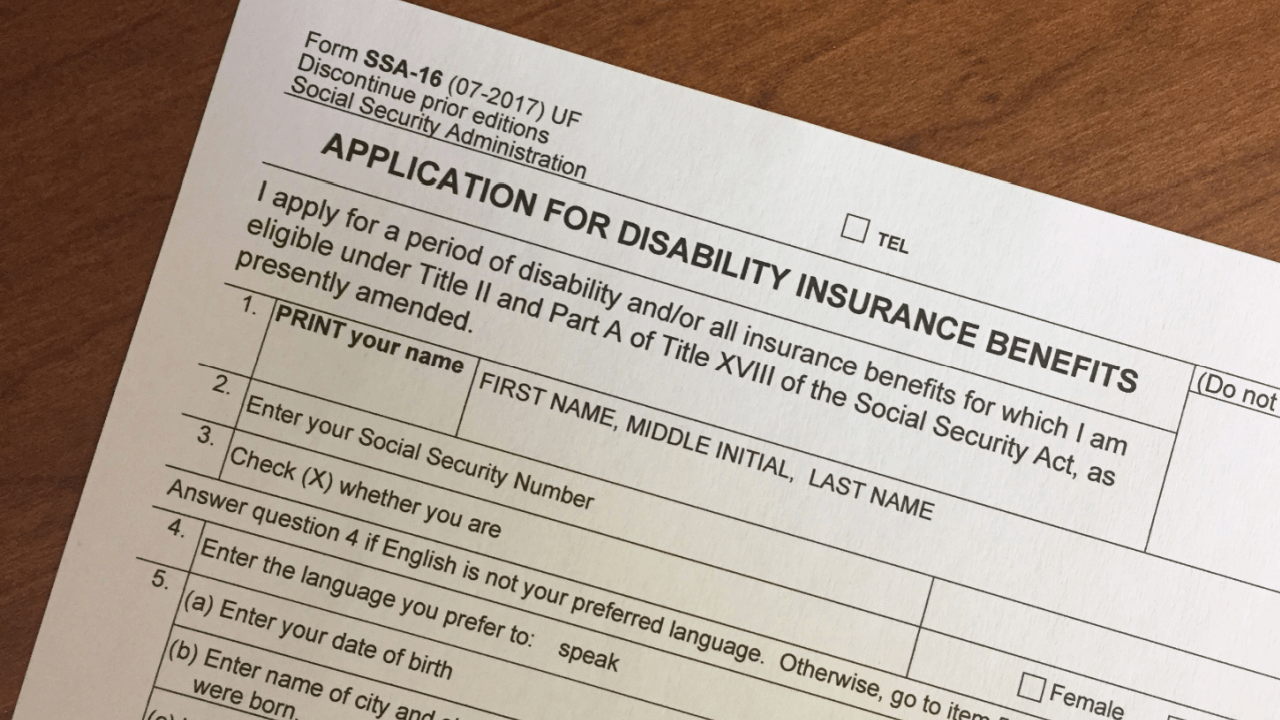
What Not to Say to a Disability Lawyer: Common Mistakes to Avoid in Your Consultation
What Not to Say to a Disability Lawyer: Why Honest Communication Matters
When you’re pursuing Social Security Disability Insurance (SSDI) benefits, your lawyer plays a crucial role in helping you build a strong case. But for them to help, you need to be completely honest and transparent. Many applicants unknowingly harm their chances by saying the wrong things—or holding back key details. This raises an important question: what not to say to a disability lawyer?
The answer starts with understanding that your lawyer can only represent you effectively if they have accurate, complete information. Saying the wrong things—or failing to say what’s necessary—can damage your credibility, delay your claim, or even lead to denial. In this article, we’ll explore what not to say to your lawyer, why it matters, and how to build a successful attorney-client relationship that supports your disability case.
Top 5 Things You Should Never Say to Your Disability Lawyer
“I’m not that sick, but I need the money.”
One of the worst things you can say is that you’re exaggerating your condition for financial gain. Lawyers are legally and ethically bound to represent clients based on facts. If you admit that your condition isn’t serious, they may not be able to continue helping you. It also undermines the integrity of your case.
“I didn’t follow my doctor’s orders, but it’s fine.”
Not following prescribed medical treatment is a red flag. The Social Security Administration (SSA) expects you to make reasonable efforts to manage your condition. If you admit to ignoring medical advice, it can be used against you, unless you have a valid reason. Always tell your lawyer about treatment gaps—they can help explain them properly.
“I’ve worked a little on the side, but they won’t know.”
Working while applying for SSDI is a sensitive issue. Earning more than the SSA’s allowed limits can disqualify you. Don’t hide any work activity, even if it was temporary or under the table. Your lawyer needs to know about all income to protect your case.
“I’ve applied before and didn’t tell them about it.”
If you’ve had prior SSDI applications, your lawyer must know. The SSA keeps records, and previous claims may impact your current one. Being upfront allows your lawyer to address any past issues and present your current application more effectively.
“I didn’t think I needed to mention that condition.”
Many people focus only on their main disability, but all health issues matter. Even if a condition seems minor, it may affect your ability to work. Don’t filter information—your lawyer will decide what’s relevant.
How to Build Trust With Your Social Security Disability Lawyer
A successful claim relies on a strong partnership between you and your lawyer. Trust and open communication are key. Here’s how you can build that trust:
- Be Honest: Share all details, even those that seem unimportant or embarrassing.
- Stay Consistent: Ensure your story aligns across your application, medical records, and testimony.
- Ask Questions: Don’t be afraid to seek clarity. Lawyers appreciate informed clients.
- Provide Documents Promptly: Respond quickly to requests for medical records or other paperwork.
- Follow Legal Advice: Your lawyer knows what the SSA is looking for—trust their guidance.
When you communicate clearly, your lawyer can better argue your case and anticipate challenges.
What Not to Say to a Disability Lawyer: Final Thoughts for Claimants
Knowing what not to say to a disability lawyer is just as important as knowing what to share. Avoiding misleading or incomplete information can make a real difference in the success of your SSDI claim. Remember, your lawyer is your advocate, not your judge—they are there to help, not to criticize. The more transparent you are, the better equipped they are to represent your case.
Need Help? Speak Openly With a Disability Lawyer Today
Applying for Social Security Disability benefits is challenging, but you don’t have to do it alone. Legal Brand Marketing connects individuals like you with trusted, experienced disability lawyers who understand what it takes to win SSDI cases. Your lawyer is your advocate—someone who needs full, honest information to represent your case effectively.
When you partner with Legal Brand Marketing, you gain access to a network of legal professionals who can assist with your disability claim. Speak openly and follow their guidance.
Take the first step today—contact us and connect with a qualified Social Security Disability lawyer who can guide you through every stage of the process.
Frequntly Asked Questions
1. Can I hide minor health conditions from my disability lawyer?
No, you should disclose all health conditions. Even minor issues can impact your case, and your lawyer needs full information to help you effectively.
2. Should I tell my lawyer about past SSDI applications?
Yes, always share your application history. The SSA tracks all claims, and previous denials can influence new applications if not addressed properly.
3. What happens if I worked while applying for SSDI?
Tell your lawyer. Working may affect your eligibility, but with proper handling, your lawyer can still help present your case appropriately.
4. Is it okay to ignore my doctor's advice during the claim process?
Ignoring medical advice can hurt your claim. If you’ve missed treatments, explain why to your lawyer so they can help manage the impact.
5. Why is honesty with my lawyer so important?
Honesty ensures your lawyer can build a strong, credible case. Any false or withheld information could lead to denial or even legal consequences.
Key Takeaways
- Never lie or exaggerate your condition—honesty is critical.
- Disclose all work activity, no matter how minor.
- Follow medical advice or explain why you didn’t.
- Share all previous SSDI applications with your lawyer.
- Mention all health conditions, not just the main one.
- Open communication builds trust and improves your chances of approval.


